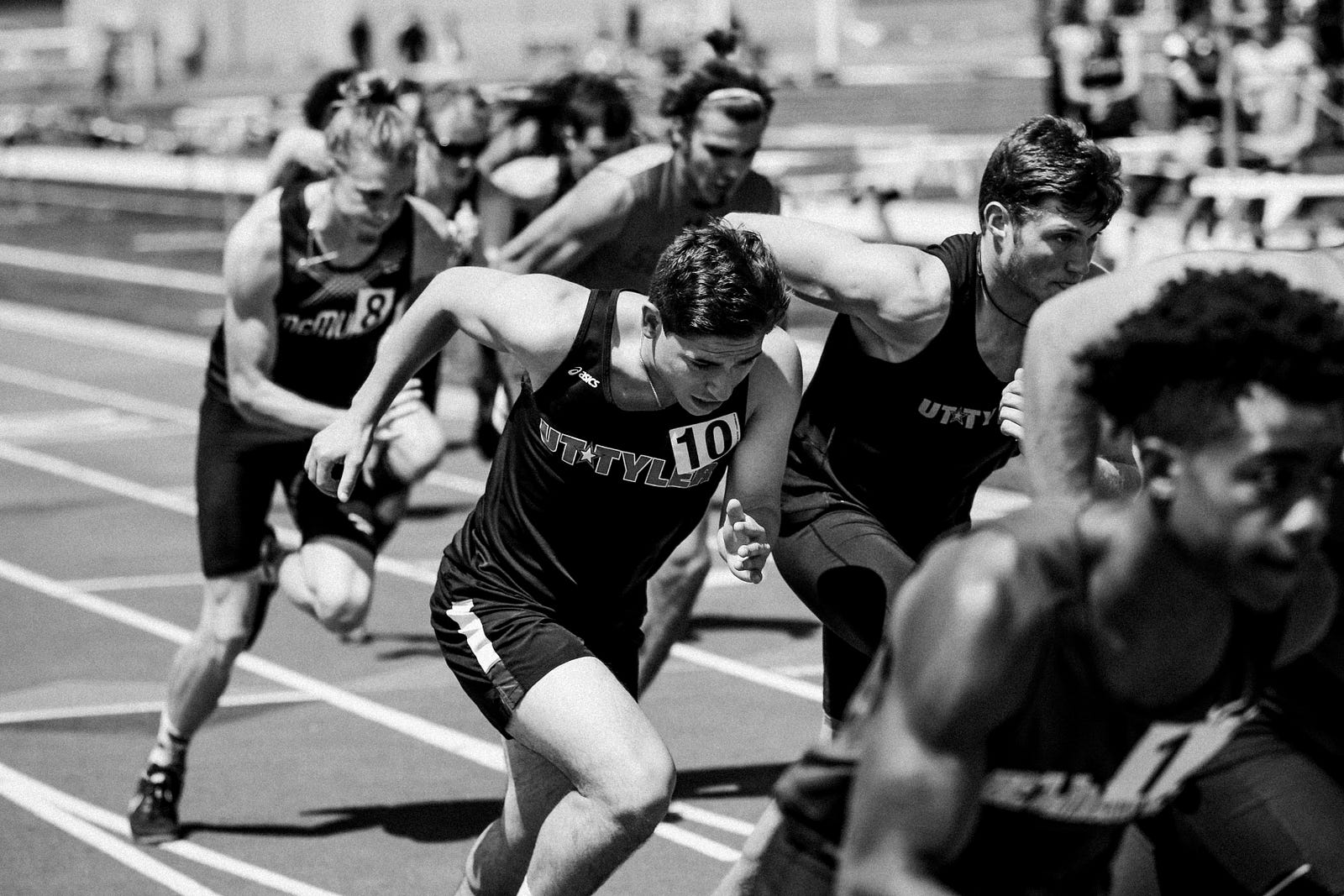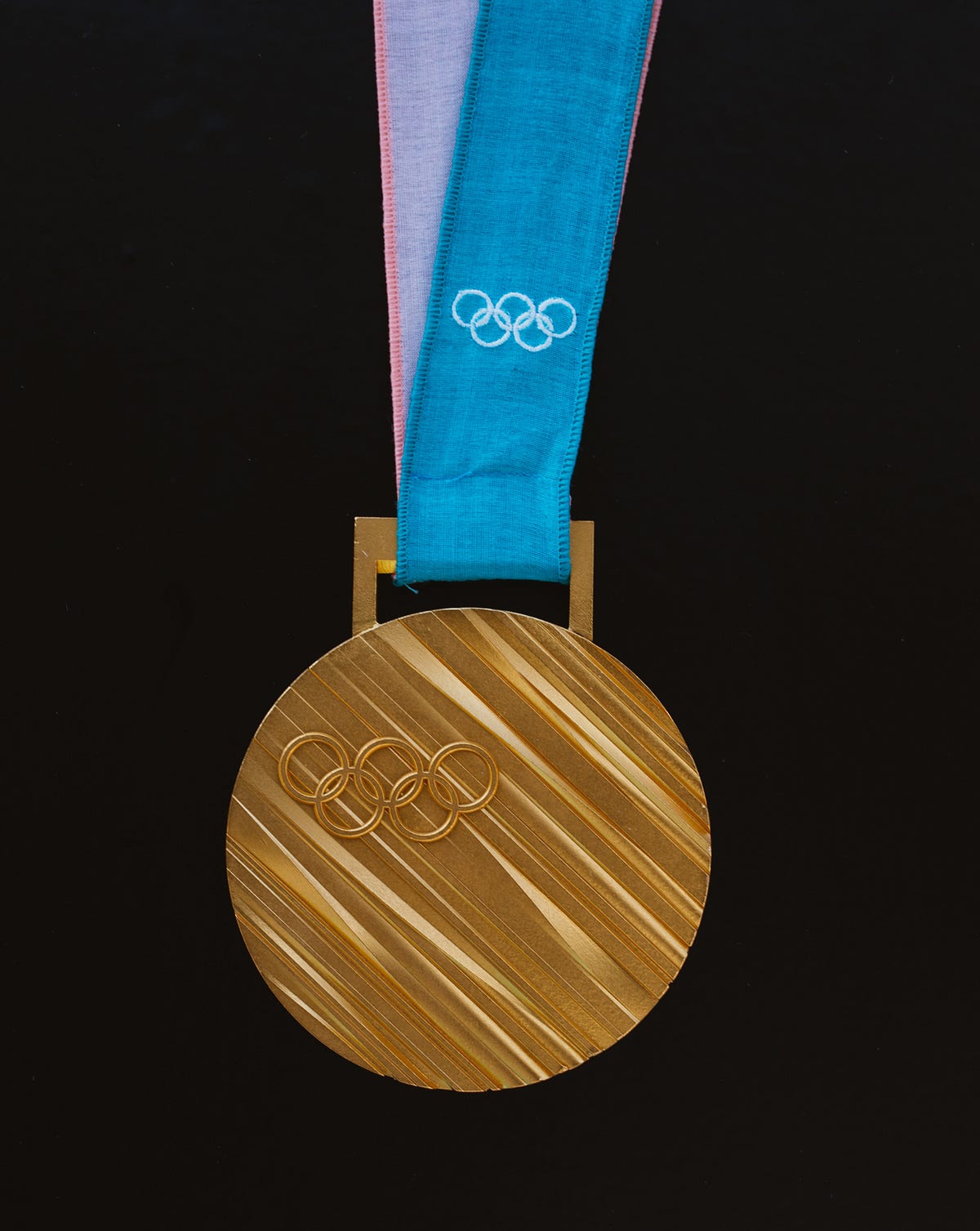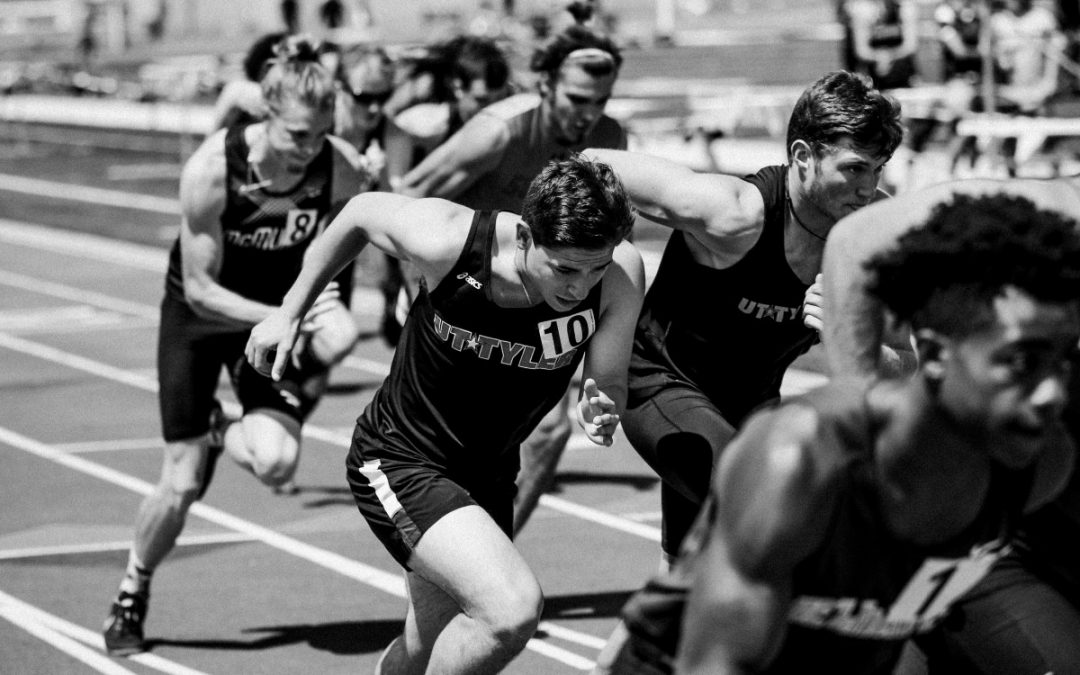This article by John Tanner originally appeared in the BYU- Hawaii Journal
As I write this, the Rio Olympics are just opening. By coincidence, our student athletes also assembled today for the official opening of the Seasider season. I was asked to speak to them.
I decided to base my brief remarks on the inspiring life and words of the Olympic gold medal winner Eric Liddell, the Scottish sprinter who famously refused to run on Sunday in the 1924 Paris Olympics and so was disqualified for the 100, his best event, but still won gold in the 400 in a world-record time.

I asked our student athletes how many had heard of Eric Liddell through the movie Chariots of Fire. I was surprised that very few had. This is a shame! For not only is Chariots of Fire a great movie — one of my all-time favorites — but Liddell is a man whose life is worth remembering.
This summer I read a biography of Eric Liddell entitled For the Glory. It fills in the rest of the story after the Paris Olympics. It tells of his brave and selfless service as a missionary in China during the tumultuous, dangerous years leading up to World War II, and of his imprisonment and death in a Japanese prison camp in China during the war.
As an athlete Liddell was the fastest man of his generation, a gold medal winner. As a person, he was also as good as gold — a true saint, loved and admired by everyone in the camp for his good cheer, kindness, selflessness, faith, and courage. I have admired Liddell since first seeing the movie Chariots of Fire. Now, after reading his biography, he has become one of my heroes.

I shared some inspiring quotes from Liddell with our student athletes today. Let me share them with you.
Some of the quotes made it into the movie. For example, you may remember the scene in the rain where he tells a group of men:
“Where does the power come from to see the race to its end? From within. Jesus said, ‘Behold, the Kingdom of God is within you. If with all your hearts, you truly seek me, you shall ever surely find me.’ If you commit yourself to the love of Christ, then that is how you run a straight race.”
You may also remember my favorite quote from the movie:
“I believe God made me for a purpose, but he also made me fast! And when I run I feel his pleasure.”

Liddell ran for the glory of God. He used his fame to bring people to Christ. He said: “We are all missionaries. Wherever we go we either bring people nearer to Christ or we repel them from Christ.” I offered this as a reminder for our student athletes, who represent the school. It is a good reminder for us all.
Liddell knew that God’s purposes are manifested not only in victory but also in defeat. Said he:
“Circumstances may appear to wreck our lives and God’s plans, but God is not helpless among the ruins. God’s love is still working. He comes in and takes the calamity and uses it victoriously, working out His wonderful plan of love.”
Similarly, Liddell wrote:
“In the dust of defeat as well as the laurels of victory there is a glory to be found if one has done his best.”
Ultimately, the laurel Liddell most yearned for was the crown that God will bestow on those who, with Paul, faithfully finish the race we call mortality (see 2 Tim. 4:7). I love this quote from Liddell, which puts winning Olympic gold into an eternal perspective:
“It has been a wonderful experience to compete in the Olympic games and to bring home a gold medal. But since I have been a young lad, I have had my eyes on a different prize. You see, each one of us is in a greater race than any I have run in Paris, and this race ends when God gives out the medals.”
May each of us also have our eyes fixed on “a different prize” from any that will be given out in Rio. May we receive the gold that will be awarded “when God gives out the medals.”

